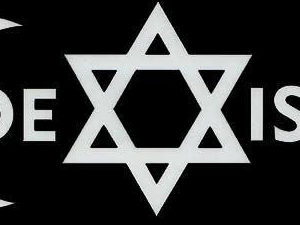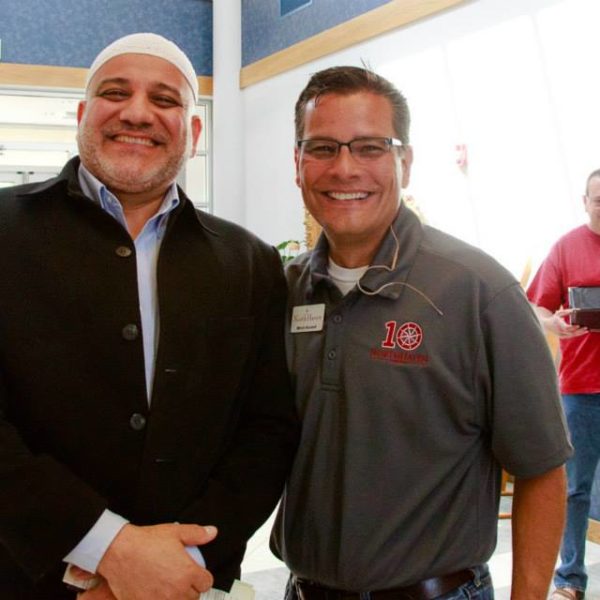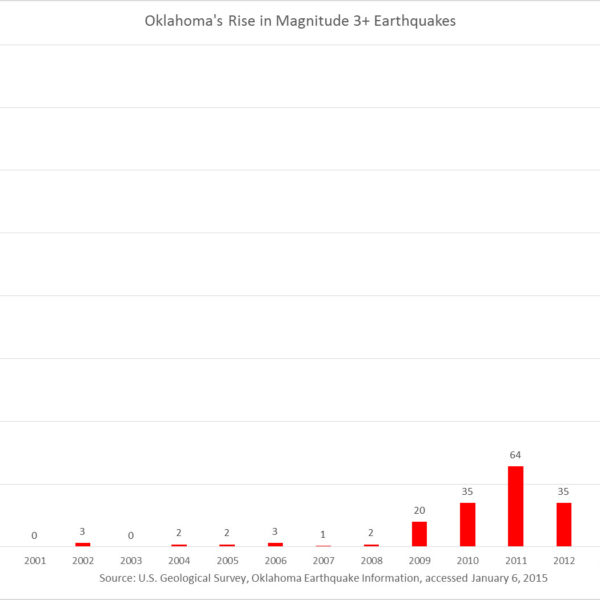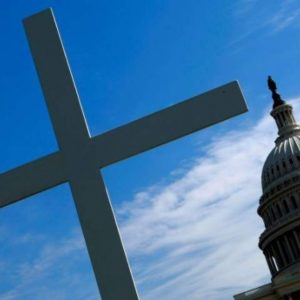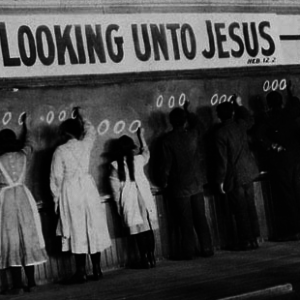Responding in Light
Luke 10:25-37 and Ephesians 5:6-14
March 15, 2015
R. Mitch Randall, DMin.
Ephesians 5:6-14
Let no one deceive you with empty words, for because of these things the wrath of God comes on those who are disobedient. Therefore do not be associated with them. For once you were darkness, but now in the Lord you are light. Live as children of light— for the fruit of the light is found in all that is good and right and true. Try to find out what is pleasing to the Lord. Take no part in the unfruitful works of darkness, but instead expose them. For it is shameful even to mention what such people do secretly; but everything exposed by the light becomes visible, for everything that becomes visible is light. Therefore it says, “Sleeper, awake! Rise from the dead, and Christ will shine on you.”
Laughter and Tears
Last Sunday evening, I stepped off a late flight in Washington DC to hear jovial voices echoing from across the terminal. Attempting to locate the commotion, I noticed a group of African Americans smiling and laughing as they exited their plane. Since it was late at night, their laughter was positively infectious, as I found myself smiling at their evening exuberance.
Yet, when I overheard one of them call out to their leader, my amusement quickly transformed to iconic respect. “Hey John,” a lady shouted, “it was a great weekend!” The man smiling back at her with tears in his eyes was Representative John Lewis from Georgia. Rep. Lewis, you may recall, was the young civil rights leader who organized the original Selma protest on March 7, 1965. As he and his companions marched for voter rights, they were brutally attacked by Alabama state troopers near the Edmund Pettus Bridge.
Now, fifty years after that original march and the one that followed with Dr. King two days later, Lewis and his companions were returning from a weekend that commemorated those horrific moments but also celebrated the great strides we have accomplished since those dark days. Watching this American hero stride out of the airport that night, I could not help but feel a since of hope for the future.
Within twelve hours, my hope and enthusiasm would be diluted to shame and angst. Beneath my hotel door the next morning, I picked up the Washington Post. Staring at it, tears welled in my eyes as the University of Oklahoma was on the front cover. Several fraternity students had been caught on video using racial slurs and celebrating an atrocious form of torture and execution for racial minorities. As I read the story, the echoes of President Obama’s speech from Selma kept bouncing back and forth in my head. The president, with the Edmund Pettus Bridge in the background, proclaimed, “Our march is not finished.”
Systemic Bigotry
Since the news broke, there has been a lot of activity. The fraternity house has been closed, the two student instigators have been expelled, university administrators are seeking ways to curb this from happening again, a possible lawsuit is now pending, and students, university personnel, and the entire state of Oklahoma cannot stop talking about how this happened in our own backyard.
Now, I must admit to you I have been a bit surprised by everyone’s shock of it all. Granted, this very statement may shock some of you, but the truth of the matter is that we long ago made a decision to accept certain forms of bigotry in our world. We promote a culture in America that seeks to be more and more segregated. In this particular incident, the circumstances revolved around white students and their racist slurs, but from my vantage point this is only the tip of a much larger iceberg. This particular incident is systemic of a grater societal cancer that is eating away at our souls.
It bewilders me that are shocked when two young men use a racial slur when we still think it is perfectly acceptable in Oklahoma to name one of our largest high school mascots after the color of someone’s skin (By the way, I am an alumnus of the Tulsa Union “Redskins”). More-so, should we really be surprised at the student’s exclusionist views when we support laws in this state that are bias towards people of a different color (immigration), different religion (Muslims), or different sexual orientation (business discrimination)?
Should we really be that floored when we ourselves participate in hateful rhetoric just to demonize political rivals, trash personal enemies, or dehumanize large groups of people based on stereotypic generalities? And here is the really disgusting thing about this news, we do this in earshot of our kids. Remember this, the owners of loose lips, bigotry and hate are never created in a vacuum.
Like many of you, I too was sickened by what I heard this week, but make no mistake about it, I have been sick for a long time! If we continue to head down this path of exclusionist thinking, we will end up back on the Edmund Pettus Bridge where blood will be spilt and lives lost simply because someone is different than us. We only have to go as far as Ferguson, MO these days to witness the blood of black and white Americans being spilt on the streets. Oh, and by the way, every ounce of that spilt blood is the same…it’s red.
Until we get serious about addressing the overarching problem within our culture, the divisions in the country will continue to grow, incidents like we witnessed this past week will continue to increase, and more and more blood will continue to be spilt on our streets.
Listen to my words, this nonsense must stop!
We are not children of darkness any longer! We should not be willing to permit bigotry and hatred to prevail! We should not give into sinfulness by standing aside while we hand off a deeply divided culture to our children and grandchildren. We must find another way! Remember the words of the Apostle Paul, “Live as children of light— for the fruit of the light is found in all that is good and right and true.” And building on that wisdom, Dr. Martin Luther King Jr. offered this for us, “Darkness cannot drive out darkness, only light can drive out darkness. Hate cannot drive out hate, only love can do that.”
The March Continues
Therefore, the march continues. We must find another way where love and light can shine brightly. We must find a way that we can look past our differences and embrace each other. Right now, the most dangerous word in the church is “tolerance.” I don’t think I am mistaken, but I do not read anywhere in the New Testament where we are called to “tolerate” of each other. However, and I am absolutely certain about this, I do find in my Bible numerous references to “loving” our neighbor and “praying” for our enemies.
The parable of the Good Samaritan comes directly after a question about eternal life. Jesus reminds the man to love God with everything that he has and to love his neighbor as himself (Luke 10:27). But the man is perplexed for a very odd reason. He knows God’s identity, but he is uncertain about his neighbor. There are too many differences. There are too many barriers.
Therefore, Jesus seizes the opportunity for a teachable moment and launches into his parable. In the story, we have a faithful Jewish man robbed and left for dead. As he is lying there helpless, we have both a priest and Levi walk past him. The implication is that both notice the man, but decide to look the other way, more concerned about their self-interest and status than this man who had gotten himself in trouble. Thankfully, another man approached. As he came closer we discover he is from a despised race of people. He is a Samaritan, a half breed not worthy of the crumbs from off the table. It is this man that Jesus makes the hero of his story.
The story of the Good Samaritan has many great secondary teachings: practice humility, help your neighbor, and go the extra mile. All of these are wonderful lessons, but there is something so counter to our nature in this story that we often neglect that its even in the story. The much larger truth of this parable is the direct notion that a Jewish enemy was more of a God-follower than the so-called faithful. The Samaritan practiced a radical mercy while the faithful did not.
If the situation this week reveals anything about our nature it is our inability to truly practice radical mercy. The students on the bus found no mercy for African Americans, but those harshly judging them left no room for mercy as well. In many instances we have turned our faith into a zero tolerance policy, where there is very little room for mercy and forgiveness unless the offenders look and sound like us. If they look like us, we are quick to forgive. If they agree us, we are quick to forgive. If they vote like us, we are even quicker to forgive. While these that I mentioned are forms of mercy and forgiveness, where is the radical mercy of the Gospel? Where do we fall when it comes to extending mercy even to our enemies?
Please, for the love of all that is right in the world, don’t misunderstand me. What I am saying in no way condones the hateful and disgusting language used by those young men. Mercy without justice is not an attribute of our faith either. There should have been, and were consequences, to their behavior. However, I do question many of our responses. What if the faithful reached out to these troubled men with open arms instead of clinched fists? What if we looked them in the eye – with tears in our own eyes – and said, “What you said and did broke our hearts, stole our hope, and damaged the beauty of this world. But by God, you are made in His image and Jesus tells me I need to love and pray for you.”
It is unimaginable I know, but how did those marching in Selma fifty years ago not combat hate with hate? How in the world did they not strike back when struck? How did John Lewis not ball up his fist and hit the first white man that took a club to his head? How, we wonder? It’s extremely rare, but rather simple. It came from a black Baptist preacher from the South. Dr. King had the audacity to look his friends in the eye and declare, “Love is the only force capable of transforming an enemy into a friend.”
Transformative Faith
Therefore, as children of light, we must live out a faith that is transformative. It begins with justice, declaring that our society will not stand for bigotry, discrimination, and any sort of destructive divisiveness based upon hate. But justice without mercy leads us down a path towards a dark dungeon of rigid isolationism. Justice and mercy are partners in the redemptive plan of God.
Remember the fall of Adam and Eve in Genesis? In the aftermath of that debacle, God demonstrated both justice and mercy. His justice emerged from the heartbreaking consequences that were brought because of the fall. The serpent, Adam, Eve, and the earth they inhabited all faced a life with scares as a testament to sin. We cannot expect sinful behavior to be void of natural consequences, even when the grace and mercy of God are on full display.
In conjunction with divine justice, God’s mercy can be illuminated even as his justice is administered. When Adam and Eve are forced to leave the Garden, God’s grace and mercy are seen in their departure. The couple will not eat from the tree of life in their current state of sinfulness. Their children will not be tempted to live a life of eternity separated from God. God’s redemption was already at work simultaneously as his justice was being implemented.
And here is the truth of the matter. As Jesus followers, we too are part of God’s redemptive work within this world. We too should be about God’s restorative and transformative plan. The whole purpose of the Gospel is to take a person from a state of sinful existence, transforming them to a life filled with God’s salvific beauty. In other words, we are simply to love God and to love our neighbors with everything we possess.
Unfortunately though, we humans quickly lose our focus blinded by bigotry and vengeance. When combatting religious leaders who had lost their way, Jesus encouraged them to practice “justice and mercy and faith” as weightier matters of faith (Matthew 23:23). When situations arise, as they have for our community this past week, we would be wise to take a breath, gain our composure, and make certain we are allowing “justice and mercy” to work together as we march forward.
The Lenten Journey of Reconciliation
As I entered a cab to return home from our nation’s capital, I shared the ride with a prominent African America pastor from Atlanta. Seizing upon the moment, after another jab from him about my Oklahoma pedigree, I asked him what I should say to the congregation this morning. He took a long breath and stared out over the frozen Potomac. Later, I realized he was looking in the direction of the MLK Memorial Monument.
In his deep baritone voice, he responded, “Your people need healing. They need to be loved. They need redemption. They need reconciliation. They need hope. Give ‘em the Gospel preacher, give ‘em the Gospel.” So at the advice of someone I deeply respect, here is the Gospel.
For God created the world so that all of his creatures could live in harmonious existence, but we humans have fallen short of that divine dream. We dwell in the wilderness of sin, struggling with each other over power, wealth, and privilege. We are too quick to point out our differences between race, religion, and economics. We are making things darker, even though we are called children of light.
Thus, Jesus entered the world to shatter those barriers of division. No longer do we have to be separated from God, an eternal love that conquered sin. But let us not forget the second part of Jesus’ command, the other barrier that was broken. There are no longer barriers between we humans, for Paul rightly concluded in Galatians, “There is neither Jew nor Greek, there is no longer slave or free, there is no longer male of female, we are all one in Christ Jesus” (Galatians 3:28).
So let us take an example from our football team and begin to march forward. Let us begin to take those first few steps of reconciliation with justice on our right and mercy on our left. Let us march forward passing the Edmund Pettus Bridge. Let us march forward passing the great mountain top for which prophets died. Let us march all the way to Jerusalem and beyond the cross of Calvary. Let us march to the Garden Tomb, peak inside to discover a new reality. Let us march towards a resurrection, a new life built on respect, love, and hope….all which surpass this world’s understanding.
Let us march, let us march, let us march!
The time has come, the time is now.
Children of light, rise up!
Amen.
